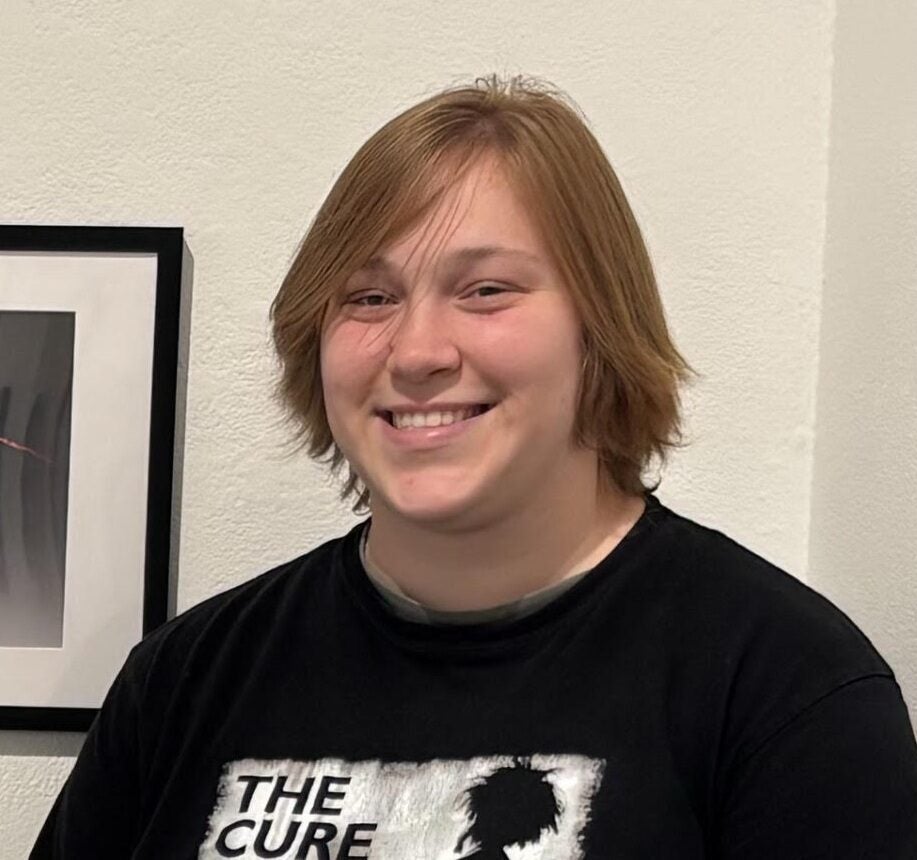A cup of coffee a day keeps the risk of atrial fibrillation away, study finds
New trial shows daily coffee may lower atrial fibrillation recurrence risk after cardioversion by nearly 40 percent.

 Edited By: Joseph Shavit
Edited By: Joseph Shavit

A rare clinical trial suggests that a moderate daily coffee habit may cut the risk of recurrent atrial fibrillation after cardioversion, challenging years of advice to avoid caffeine. (CREDIT: Shutterstock)
For years, many individuals living with atrial fibrillation have been advised to limit their coffee consumption. You may have heard that a morning cup could provoke fluttering in your chest or instigate another episode. This guidance has altered the morning routines of many adults who depend on caffeine to fuel their day.
A new clinical study, however, has called into question this long-held belief and has provided a different narrative--one based on evidence instead of fear.
A Universally Common Heart Condition
Atrial fibrillation impacts more than ten million adults in the US. With an increasing elderly population and rising obesity rates, the prevalence will likely only increase. This medical condition can create a rapid and irregular heartbeat, which, in turn, creates morbidities, including an increased chance of stroke and heart failure.
Because so many individuals are seeking simple ways to decrease their chances of recurrence, even small lifestyle changes feel important. Coffee, still one of the world's most familiar beverages, has been of particular interest and contention.
Some observational studies have suggested that coffee did not provoke any symptoms, and a few even suggested that coffee could help. With this background, the Does Eliminating Coffee Avoid Fibrillation (DECAF) trial was developed to assess this question in a controlled manner.
A Review of the DECAF Trial
Researchers at several hospitals in the US, Australia, and Canada conducted the first randomized clinical trial examining caffeine's effect on atrial fibrillation. Supported by the National Institutes of Health, the research looked at people who used to drink coffee and would undergo an electrical cardioversion, a process that involves one electrical shock given to reset the heart’s rhythm.
After a successful electrical cardioversion, each participant was randomized to continue drinking the amount of caffeinated coffee as at baseline or completely abstain from caffeine for six months. The latter meant participants in the abstinence group could not drink any coffee, soda, tea, or eat any chocolate.
The study had specific research standards. All heart rhythm events were confirmed with an electrocardiogram, wearable devices, or implanted monitors. Participants were contacted at one, three, and six months to check their progress, while researchers followed the medication regimen, symptoms, caffeine consumption, and emergency department visits.
Out of approximately two thousand people screened, only two hundred satisfied all criteria and adherence to the pre-defined regimen of either caffeinated coffee or abstention. Most were not willing to give up coffee, and some were not drinking enough at baseline. This alone demonstrates the passion among people to have their morning cup.
Who Participated
The people who completed the study were very similar to the general population of adults living with atrial fibrillation. The average age was approximately 69. Most individuals screened had hypertension, with about twenty-five percent living with apnea or sleep apnea. About half were on a rhythm-control medication, while all were on blood thinners.
At the start of this study, coffee habits were similar among both groups, where most participants stated they drank about one cup per day. At the beginning of the study, the participants who were asked to abstain from drinking caffeine reduced their intake to none. The participants who were told to continue their regular caffeine consumption continued to drink the same amount.
Participants went to their doctors frequently during the six months. Participants averaged nearly six medical visits per person and had an average of two electrocardiograms. More than half of all participants also used additional devices such as wearable monitors or implanted devices that automatically captured heart rhythm events. The numerous sources of data helped the researchers confirm each recurrence of atrial fibrillation, as well as related rhythm problems (e.g., atrial flutter).
What the Researchers Found
At the conclusion of the study, more than half of all participants in the study had a recurrence of atrial fibrillation or atrial flutter. However, the difference between groups was striking. Forty-seven percent of participants who continued drinking caffeinated coffee experienced a recurrence of atrial fibrillation, while sixty-four percent of participants who abstained from coffee experienced atrial fibrillation recurrence.
In addition, compared to the abstaining group, the likelihood of recurrence was thirty-nine percent lower in the coffee group. This benefit occurred specifically for episodes identified as atrial fibrillation. Few cases of atrial flutter occurred throughout the study, and the difference was not large enough to provide any certainty about the conclusions.
The two groups had a similar rate of medical complications. No participants in either group experienced a stroke or death, and the number of hospitalizations and visits was not statistically different. Although the abstaining group had a slightly higher number of hospitalizations as part of the study, this difference was not large enough for any firm conclusions.
Possible Benefits of Coffee
These results contradict older beliefs that caffeine encourages irregular rhythms. The scientists offered a number of hypotheses. First, coffee contains substances that block certain adenosine receptors in the heart. Adenosine can create a more likely scenario for misfiring the heart's upper chambers. Blocking this pathway could resist that. Also, coffee has anti-inflammatory properties, and inflammation is known to increase the risk of atrial fibrillation. And, there could be a movement factor.
Gregory M. Marcus, MD, MAS, a senior author of the study at UC San Francisco, noted that prior research has shown coffee drinkers tend to move more throughout the day. “Coffee increases physical activity, which is known to reduce atrial fibrillation,” he said. He added, caffeine can also have a mild diuretic effect that lowers blood pressure.
Christopher X. Wong, PhD, the study's first author, called the results “stunning” and noted that the results are contrary to years of recommendations against coffee. Many people simply appreciate the emotional validation that something they enjoy may not have any negative consequences.
Using Caution to Interpret the Results
This study was small, with both participants and doctors knowing who the coffee drinkers were. A small number of eligible people went in for the study. Some coffee drinkers who, as they mentioned, thought coffee made their symptoms worse may not have stepped in to the study, which may sway outcomes. A few people in the abstinence group were observed to drink some coffee, which could have shrunk the difference. Even so, other analyses supported the main finding.
The trial also covered reasonable coffee consumption rates, measured at about one cup a day. This trial did not cover highly caffeinated energy drinks or heavy caffeine use. Also, people with paroxysmal atrial fibrillation, the type that comes and goes, could certainly have different responses.
Possibility for You
If you have persistent atrial fibrillation and you enjoy a cup of coffee every day, this study suggests you may not need to eliminate the habit after the cardioversion. Instead, keeping your current amount of coffee may lead to decreased odds of atrial fibrillation. The study raises questions about decades of advice on caffeine.
While obviously more needs to be done to understand who benefits, the DECAF trial provides a basis and a new opportunity to discuss coffee intake with your doctor.
Research findings are available online in the Journal of the American Medical Association.
Related Stories
- Drinking coffee linked to lowered frailty risk in later life
- Researchers turn coffee waste into a weapon against Alzheimer's disease
- Coffee's hidden power: How caffeine helps cells fight aging
Like these kind of feel good stories? Get The Brighter Side of News' newsletter.
Mac Oliveau
Writer
Mac Oliveau is a Los Angeles–based science and technology journalist for The Brighter Side of News, an online publication focused on uplifting, transformative stories from around the globe. Passionate about spotlighting groundbreaking discoveries and innovations, Mac covers a broad spectrum of topics including medical breakthroughs, health and green tech. With a talent for making complex science clear and compelling, they connect readers to the advancements shaping a brighter, more hopeful future.



